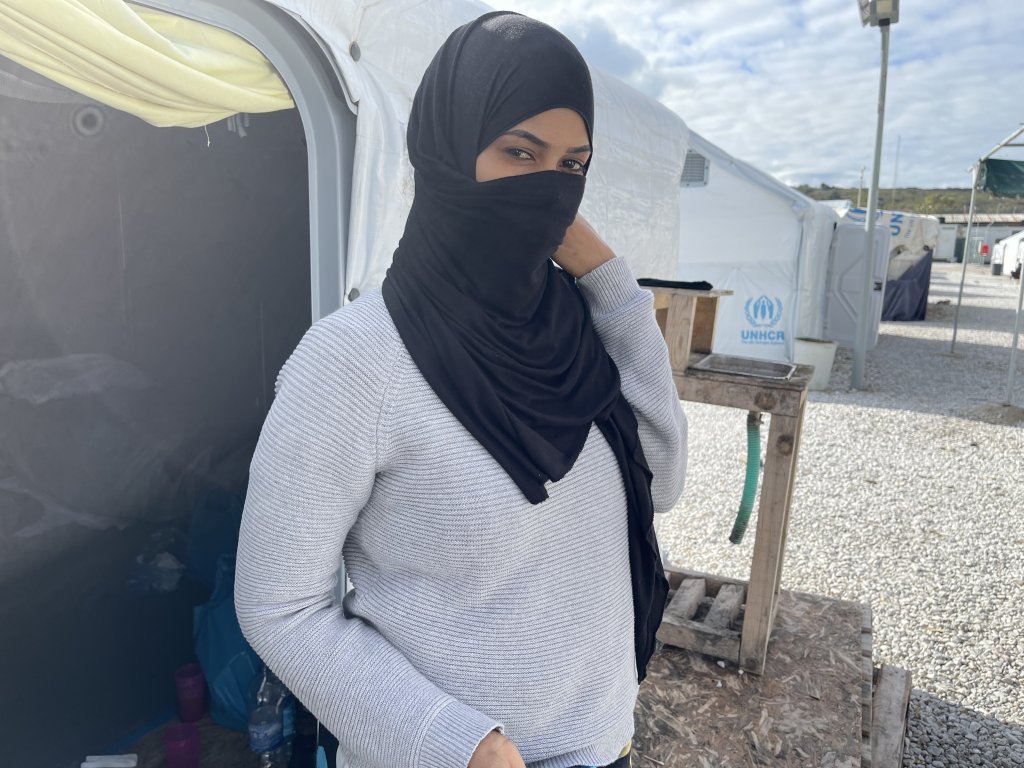infomigrants.net | 20 January 2023
Fearing pushbacks, migrants seek a safe haven in Mavrovouni camp of Lesbos
The Greek island of Lesbos is no longer overcrowded with migrants. Faced with stricter border controls, fewer people are arriving. For those who still make it to the island, the objective is to get to Mavrovouni camp while avoiding the authorities. Charlotte Oberti reports for InfoMigrants.
Looking annoyed, Roqaya Sido stands outside the Isobox container she lives in and regularly sneaks worried glances inside. There, a volunteer from the NGO Euro Relief is seated on the ground with a group of women who translate what he said to Roqaya.
On this sunny day in January, the volunteer came to inform the 20-year-old Somali woman that she must move to another bungalow in the Mavrovouni migrant camp on the Greek island of Lesbos. We must make room for new arrivals, he says, since the number of five people per container cannot be exceeded. "Well, there will just be six of us in this container. I prefer that rather than moving," says Roqaya, a slender figure with a polka-dot wrap skirt.
Her current accommodation, located in the "blue zone" reserved for women and families, is near the entrance to the camp. It is also near the barracks where unlimited tea is served. But the location is not necessarily the reason for Roqaya's refusal to move.
"She thinks it is her house, when it belongs to the state," says a member of the NGO "European Asylum Agency" who witnessed the scene (and who does not give his name because of the rules of anonymity decreed by his employer).
These four prefabricated walls have become much more than a temporary refuge for Roqaya, who arrived in Greece on October 6 after a catastrophic crossing of the Aegean Sea during which 10 people died.
Despite the austerity of the structure, she quickly settled like a bird in a nest. She hung scraps of fabric from the windows as curtains, covered the floor with rugs, and created a high space outside next to the door, for the shoes of those about to enter in order to keep the place free of dirt.
Many of the 1,800 residents of this camp (which has a capacity of 2,500 people) have the same need for a "home". On average, they only stay here between one to six months, the time it usually takes to obtain a response to their asylum request. In this respect, Mavrovouni is their first European home.

